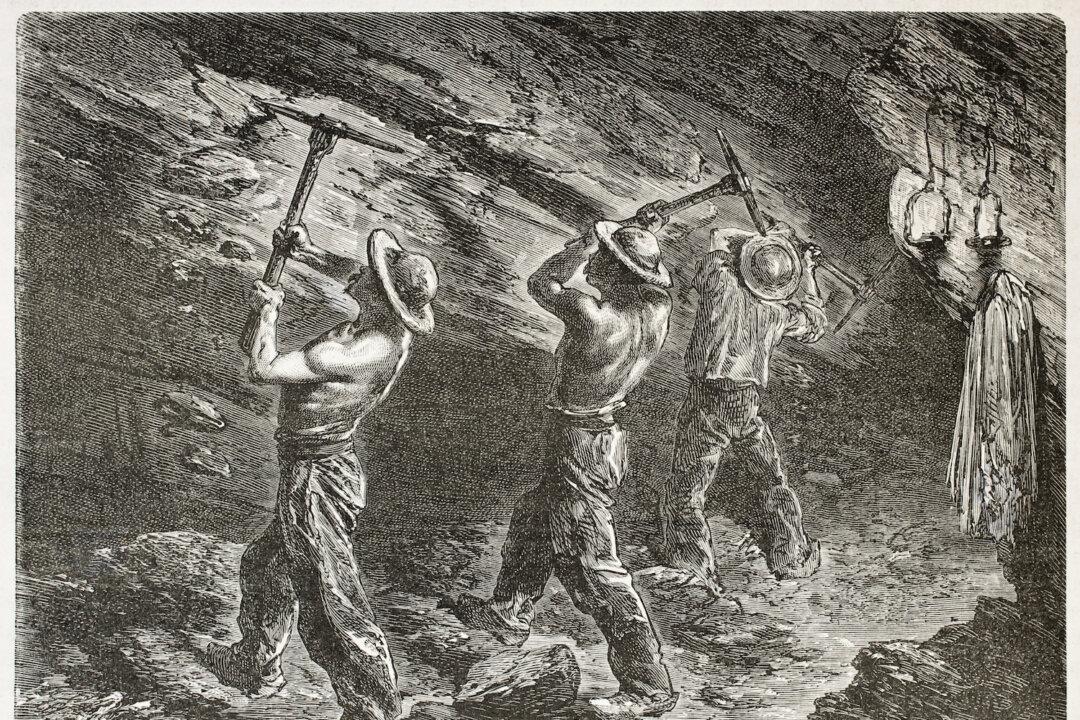If we sang it once, we sang it a thousand times. “Sixteen Tons” was No. 1 on the Lowell Elementary School hit parade, holding the record as the most requested song in fourth-grade music class.
To be perfectly candid, I hadn’t thought much about the old miner and his doleful lament until just recently. We were having dinner with friends when the subject of the “company store” came up. I knew I'd heard that phrase somewhere. In a flash, I was back in class belting out that old familiar chorus:





